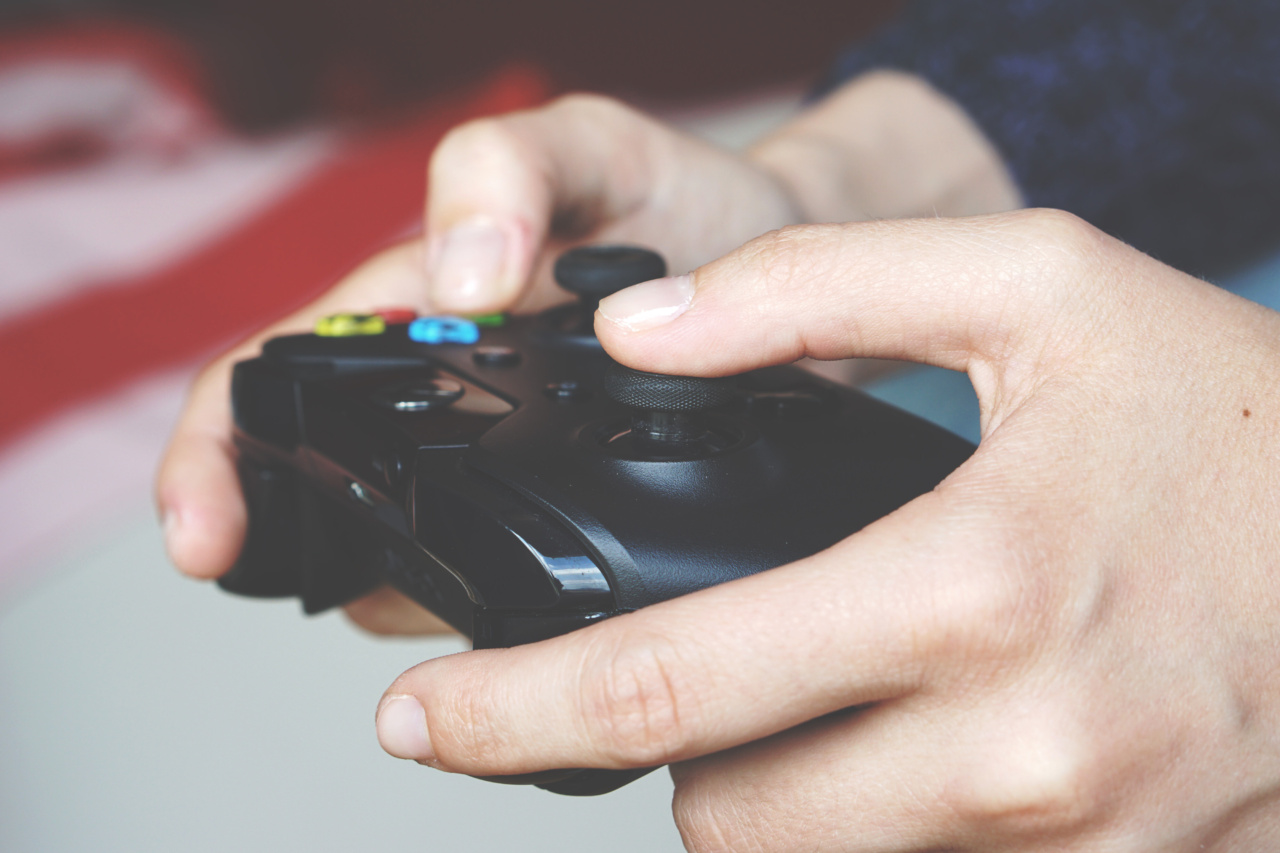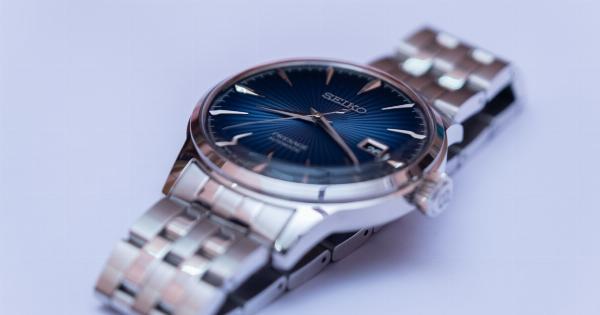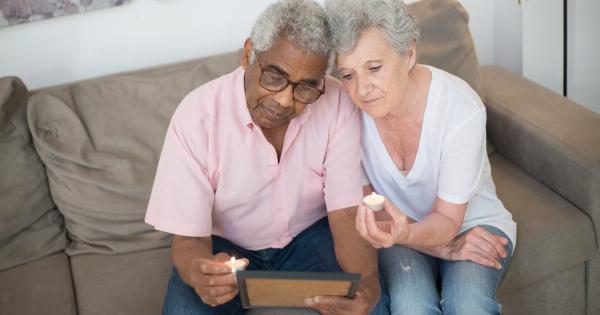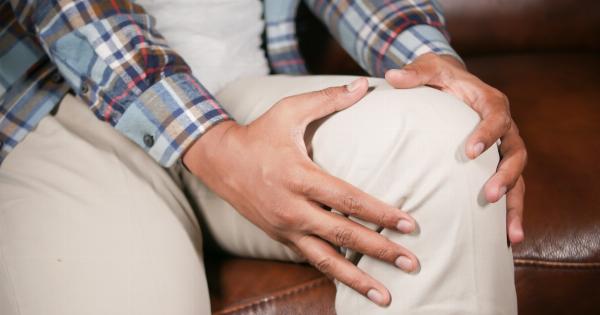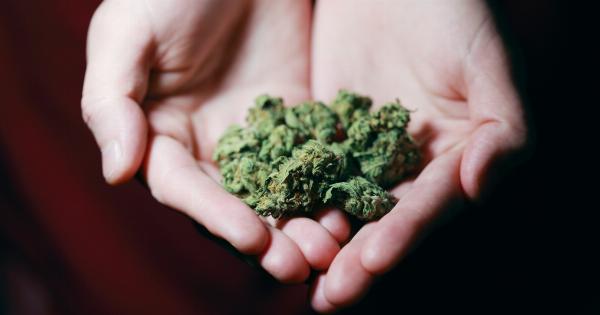Cracking your fingers is a common habit that many people indulge in. Whether it’s out of boredom, stress, or just a simple urge to find relief, the act of cracking your fingers can be quite satisfying.
However, there has been a lot of debate regarding the effects of cracking your fingers on video. In this article, we will explore the various aspects of finger cracking and its potential impact on our bodies.
What Happens When You Crack Your Fingers?
Before we dive into the effects, let’s first understand what actually happens when you crack your fingers.
The sound that you hear when you crack your fingers is caused by the release of gas bubbles from the synovial fluid that surrounds your joints. When you apply pressure to a joint, the fluid pressure drops, and the gas bubbles burst, creating a popping sound.
Temporary Relief or Future Problem?
One of the main reasons people crack their fingers is to experience temporary relief from stiffness or discomfort in the joints.
While cracking your fingers may provide a momentary sense of relief, there is a growing concern that it might lead to long-term issues.
Studies suggest that excessive or forceful finger cracking can potentially lead to ligament damage and weakened grip strength over time.
The repeated stress on the ligaments and tendons surrounding the joints may eventually result in chronic pain and joint instability.
The Role of Knuckle Popping in Arthritis
One common myth associated with finger cracking is that it causes arthritis. However, research has shown that there is no direct link between knuckle popping and the development of arthritis.
In fact, several studies have found no significant difference in the prevalence of arthritis between individuals who crack their fingers and those who don’t.
Arthritis is a complex condition with numerous contributing factors, such as genetics, age, and lifestyle choices.
While cracking your fingers may not directly cause arthritis, it is important to be aware of the potential risks associated with this habit.
The Psychological Aspect
Aside from the physical effects, cracking your fingers may also have a psychological impact. For many, the act of cracking their fingers can be habit-forming and may serve as a coping mechanism for stress or anxiety.
It can provide a brief distraction and a momentary sense of control over one’s body.
However, relying on finger cracking as a coping mechanism may prevent individuals from developing healthier stress management techniques.
It is crucial to find alternative ways to manage stress and anxiety to avoid becoming dependent on repetitive habits that could potentially harm the body.
Expert Opinions
Experts in the medical field have mixed opinions when it comes to cracking fingers. Some believe that occasional finger cracking is relatively harmless, as long as it is not excessive or forceful.
They argue that the potential risks associated with finger cracking are minimal and unlikely to cause significant damage.
On the other hand, some medical professionals advise against habitual finger cracking. They stress the importance of maintaining joint health and preventing unnecessary wear and tear on the ligaments and tendons.
They recommend finding alternative methods to relieve joint discomfort, such as stretching exercises or applying heat packs.
The Benefits of Finger Stretching Exercises
If you find yourself constantly tempted to crack your fingers, there are other techniques you can try to relieve joint tension.
Finger stretching exercises, for instance, can help improve flexibility and alleviate stiffness without subjecting your joints to the same level of stress as cracking.
By gently stretching your fingers and moving them through their full range of motion, you can increase joint mobility and reduce the urge to crack.
Regular finger stretching exercises can also help improve dexterity and finger strength, which can be particularly beneficial for individuals engaged in activities that require fine motor skills.
When to Seek Professional Help
If you experience persistent joint pain, swelling, or have concerns about the effects of cracking your fingers, it is always a good idea to consult a healthcare professional.
They can provide a comprehensive evaluation and offer guidance tailored to your specific situation.
A healthcare professional may recommend physical therapy, joint protection strategies, or other interventions to alleviate pain and prevent further damage.
They can also address any underlying conditions that may contribute to joint discomfort or stiffness.
Conclusion
The effects of cracking your fingers on video may vary from person to person. While the act itself is generally considered safe when done in moderation, excessive or forceful finger cracking can potentially lead to long-term problems.
It is crucial to be mindful of your habits and seek alternatives to relieve joint tension. If you experience any persistent discomfort or have concerns about your joint health, don’t hesitate to seek professional help.
